Search
Remove Ads
Advertisement
Search Results

Definition
John Knox
John Knox (l. c. 1514-1572) was a Scottish theologian and reformer famous for his work in advancing the Protestant Reformation in Scotland, his contentious relationship with Mary, Queen of Scots (l. 1542-1587), and establishing the Presbyterian...
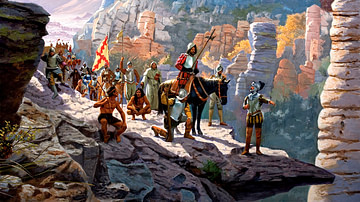
Article
Cibola - The Seven Cities of Gold & Coronado
The Seven Cities of Cibola are the mythical lands of gold that the Spanish of the 16th century believed existed somewhere in the southwest of North America, comparable to the better-known mythical city of El Dorado. No sites matching the...

Article
The Snake Brother
The Snake Brother is a legend of the Pawnee nation, which corresponds to the "King of the Waters" – or Snake Man – myth told by many other Native peoples of North America. Although many different indigenous nations tell similar stories, with...
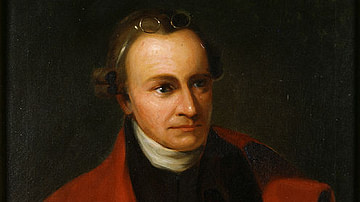
Definition
Patrick Henry
Patrick Henry (1736-1799) was a Virginian lawyer and politician who played a vital role in the American Revolution (c. 1765-1789). Known for his brilliant oration, including the famous Give Me Liberty or Give Me Death speech, Henry served...
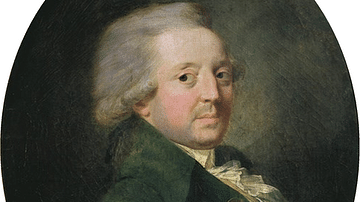
Definition
Marquis de Condorcet
Marie Jean Antoine Nicolas de Caritat, Marquis de Condorcet (1743-1794), also known as Nicolas de Condorcet, was a French philosopher, political theorist, and mathematician. His ideas, encompassing a wide range of topics from education to...
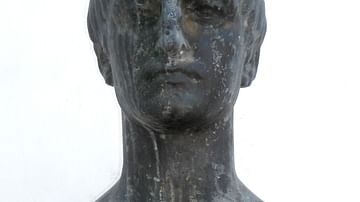
Definition
Marcus Annaeus Lucanus
Marcus Annaeus Lucanus (39-65 CE), grandson of Seneca the Elder and nephew of Seneca the Younger, was a Roman statesman and Latin poet. Born in Corduba, he came to Rome as an infant and later held the positions of quaestor and augur. Lucan's...
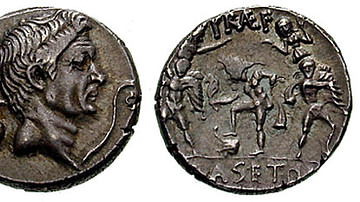
Article
The Battle of Pharsalus
Pharsalus, in eastern Greece, was the site of a decisive battle in 48 BCE between two of Rome's greatest ever generals: Pompey the Great and Julius Caesar. After several previous encounters, Pharsalus, the biggest ever battle between Romans...
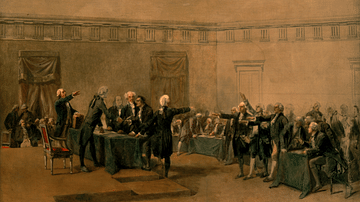
Article
Causes of the American Revolution
The American Revolution (c. 1765-1789) was a definitive event in Western history that saw the emergence of the United States and helped spawn additional waves of revolutions and societal upheavals on both sides of the Atlantic. Though the...
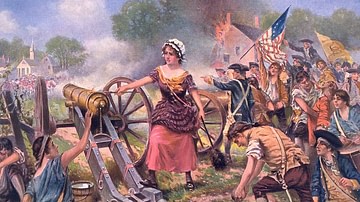
Article
Women in the American Revolution
In Colonial America, women were discouraged from taking an interest in politics and were instead expected to focus only on traditionally 'feminine' matters, such as homemaking and childrearing. However, such gender roles were challenged during...
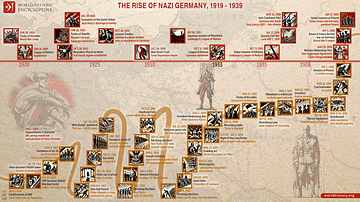
Image
The Rise of Nazi Germany, 1919 - 1939
This infographic illustrates the rise of Nazi Germany in the aftermath of the First World War (1914-18), when the Treaty of Versailles (1919) imposed harsh reparations and territorial losses on Germany, leading to widespread economic hardship...